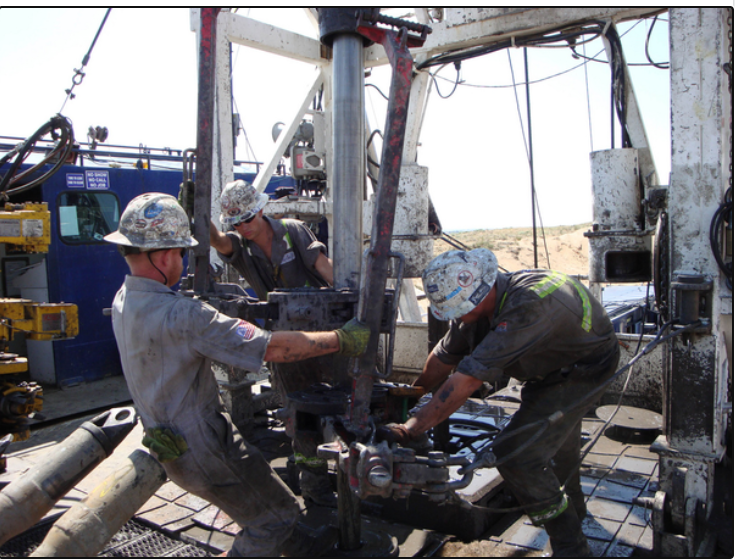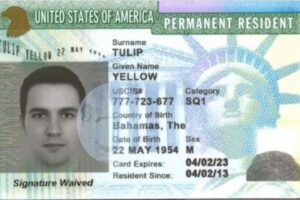The process for an oil rig worker to obtain a visa depends on the destination country and the nature of the work—short-term, long-term, or permanent. Generally, oil rig workers will need a work visa or permit to be employed in the host country. Here’s a broad overview of steps that might be involved, keeping in mind that specific requirements can vary by country:
1. Job Offer or Contract
First, you’ll need a job offer or contract from a company operating in the host country. This offer often serves as the basis for your visa application, and the employer may sometimes need to justify hiring a foreign worker over a local candidate.
2. Employer Initiates Application (in many cases)
In many countries, the employer must initiate the visa application process for work purposes. They may need to apply for labor certification or prove that there is a necessity for hiring a foreign worker (this process varies significantly by country).
3. Determine the Correct Visa Type
Identify the correct type of work visa required for your employment situation. For oil rig workers, this could be a general work visa, a specialized skilled worker visa, or a temporary work visa, depending on the duration and nature of the employment.
4. Visa Application
The worker (or, in some cases, the employer on behalf of the worker) must fill out the visa application form, which can usually be found on the website of the destination country’s embassy or consulate. Accurate and complete application submission is crucial to avoid delays or rejections.
5. Documentation
Prepare and submit the required documentation, which typically includes:
- A passport with validity extends beyond the visa duration you are applying for.
- Job offer or contract from the employer.
- Proof of qualifications, such as certifications or diplomas relevant to your profession.
- Application fees.
- Passport-sized photographs.
- Medical examination and police clearance certificate, if required.
- Any additional documents requested by the embassy or consulate of the destination country.
6. Visa Interview
You may be required to attend a visa interview at the embassy or consulate. During the interview, be prepared to discuss your work, your qualifications, and your plans while in the host country.
7. Visa Processing
After the interview, your visa application will be processed, which can take a few weeks to several months, depending on the country and the specific circumstances of your application.
8. Entry Permit or Additional Documentation
Some countries may issue an entry permit that you’ll receive before traveling, or you may need to obtain additional documentation upon arrival (e.g., a work permit card).
Tips for Oil Rig Workers
- Start Early: Begin the visa application process well before your intended start date, as processing times can be lengthy.
- Employer Support: Ensure your employer is prepared to support your application, as their input can be crucial for work visas.
- Legal and Regulatory Compliance: Be aware of the legal and regulatory requirements for working in the host country, including any safety certifications or training that may be required for oil rig workers.
Given the complexity of immigration laws and the potential for changes, it’s advisable to consult with an immigration lawyer or a specialist who can provide guidance tailored to your situation and destination country.




